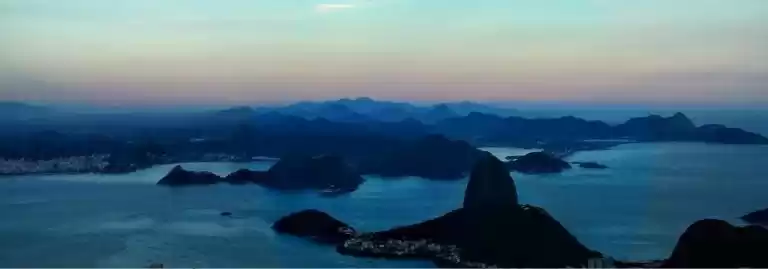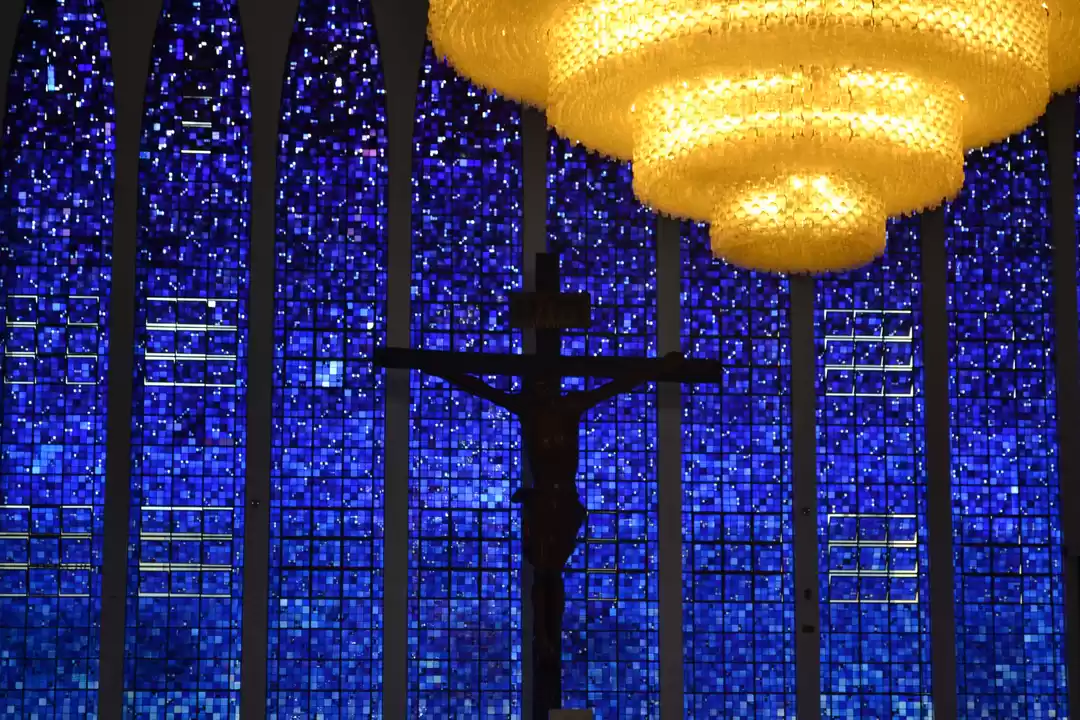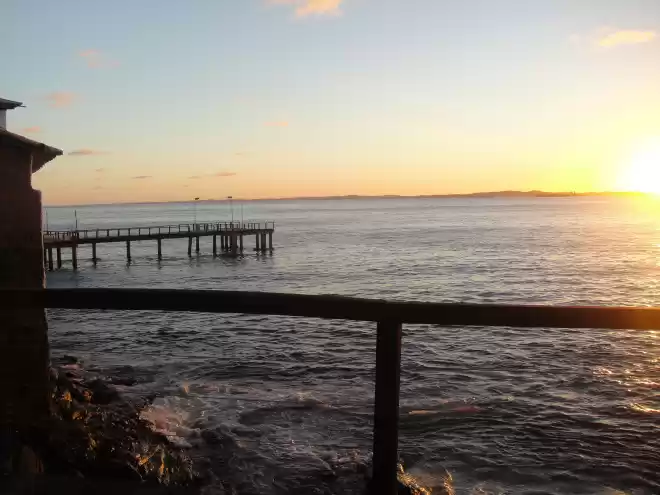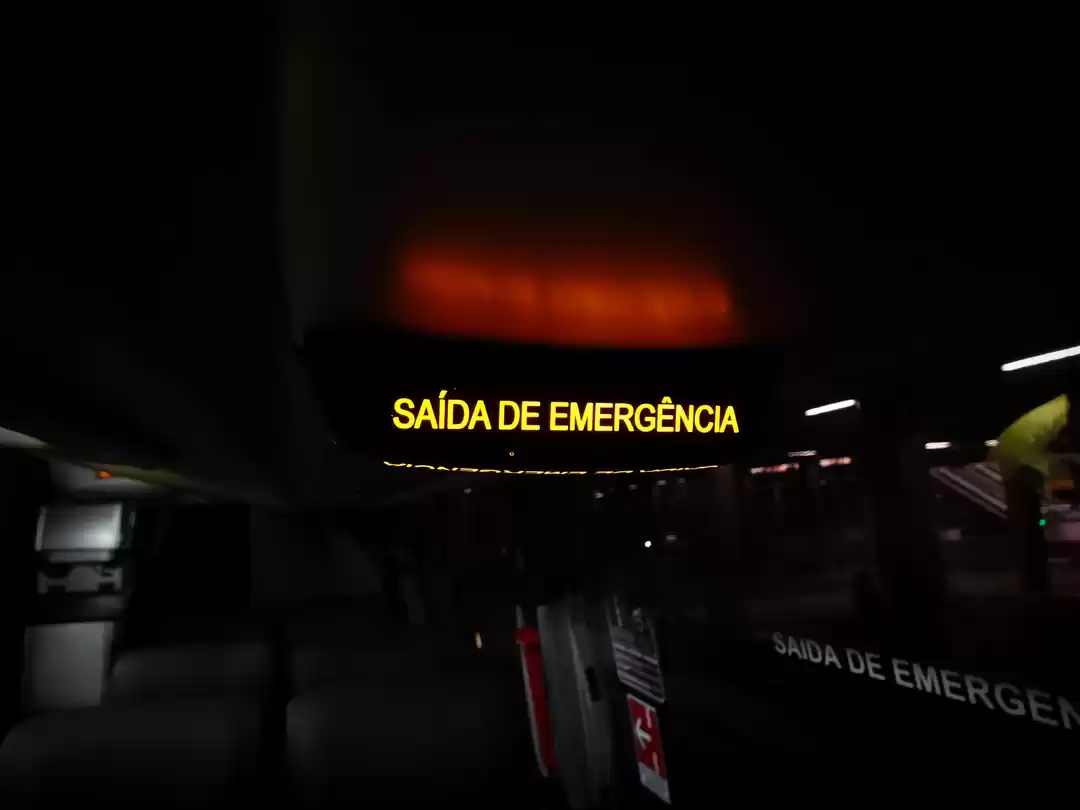Brazil Tourism and Travel Guide
Best Time to Visit Brazil
Peak season: December to March are the months when there are many festivals which take place. Prices are on the higher side and it is advisable to have prior bookings in hotels and guest houses.
Shoulder Season: April to October is when the weather is warm and dry, prices are on the lower side compared to the peak season.
Off-season: May to September is the period when there is less tourist activity taking place, prices are at the lowest. This is an ideal time to visit Amazon or Pantanal.
Budget for Brazil
For Budget Travellers: INR 1500 - 2500 a day
- Accommodation in hostels and basic rooms in guesthouses: INR 900-1200
- Food in local cafes and street eateries: INR 400-600
- Public Transport in metro and buses: INR 60 - 100
- Sightseeing: INR 150 - 200
For Mid-range Travellers: INR 4000 to INR 5000 a day
- Accommodation in mid-range hotels and homestays: INR 2500 - 3500
- Food in mid-range cafes and restaurants: INR 1000- 1500
- Local transport in subway train and taxis: INR 250 - 300
- Sightseeing & Tours: INR 200 - 500
For Luxury Travellers: INR 5000 and upwards
- Accommodation in 4* or 5* hotels: INR 5000 and upwards
- Food in upscale restaurants and bars: INR 3000 and upwards
- Local transport in cabs: INR 600 and upwards
Visa Information for Brazil
Nationals of India require a valid passport and tourist visa to enter Brazil, INR 1,271 will be charged for a tourist visa for an Indian citizen. Citizens of Australia and the USA need a visa whereas nationals of United Kingdom, France, Germany and New Zealand do not require a visa. The nationals of U.S will have to pay an amount of $160 USD, Canadians $65 USD, and Australians $35 USD. The Brazilian visa process can be completed in less than 10 days. A Brazil tourist visa allows a visitor to reside for a minimum period of 90 days. The citizens of the following countries are exempted from obtaining a Brazilian tourist visa for a period of 90 days: Argentina, Austria, Belgium, Bolivia, Bulgaria, Czech Republic, Chile, Colombia, Costa Rica, Croatia, Denmark, Ecuador, Finland, France, Germany, Greece, Honduras, Hungary, Iceland, Ireland, Israel, Italy, Luxembourg, Monaco, Morocco, Netherlands, New Zealand, Norway, OSM Malta, Paraguay, Peru, Philippines, Poland, Portugal, San Marino, Slovakia, Slovenia, South Africa, South Korea, Spain, Suriname, Sweden, Switzerland, Thailand, Trinidad and Tobago, Tunisia, Turkey, United Kingdom, Uruguay and Vatican. Please click on the link for more details regarding the Brazilian visa application process and the visa requirements http://novadelhi.itamaraty.gov.br/en-us/visas.xml.














